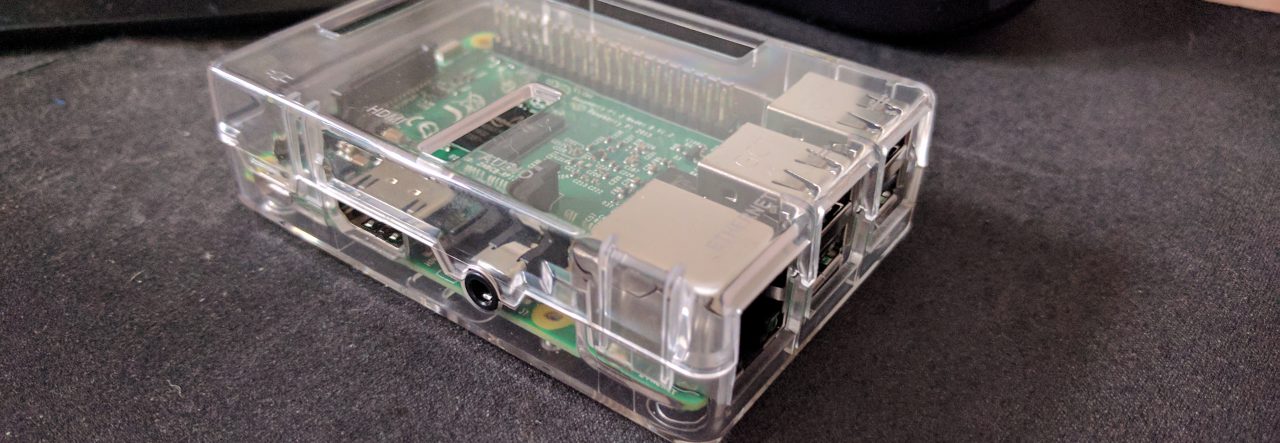Here at CompuBlab, we often look for stories that show how technology has outpaced the law. Take for instance, the good old Fourth Amendment, which protects people from unreasonable search and seizures. Clearly, the framers of our Constitution could not have foreseen the invention of the GPS tracking device.
Reuters is carrying an article about a particular case that is going to the Supreme Court regarding a man convicted of a crime, in part, because police covertly attached a GPS tracking device to the man’s vehicle. Using the tracking data obtained from this act, it helped solidify the case against the accused. Click here to read the original GPS Tracking case story.
Now, without getting into all of the legal mumbo-jumbo, the defendant’s attorney is arguing that placing a GPS tracker on a person’s property (or the person themselves) should be governed by the rules of wire taps: a warrant from a judge who deems there to be probably cause is required. The government, nearest I can figure, simply is arguing that it is an important tool in crime prevention and they should be allowed to use it whenever they want (or, you can say, they want to be able to use GPS trackers “with impunity”).
I am going to add my personal take here. Clearly, there is a great opportunity for GPS information to be misused and abused when it can be collected in this manner. The defendant’s attorney is not saying that GPS data cannot be used…he is arguing that it cannot be gathered indiscriminately. No one is taking the tool away from law enforcement….they are simply saying that the tool represents such a huge potential for invasion of privacy and abuse that its proper use should be governed by a Judge’s agreement (a.k.a. a warrant) who can be convinced of probable cause. THAT to me is along the lines of what the Fourth Amendment was trying to protect.
Of course, lawyers will tell me that the law is much more complex than what any mere mortal such as myself could understand. Today’s law? Maybe. But I do know this: I read the Constitution and Bill of Rights multiple times a year…and a lot of it seems pretty straightforward to me. Yes, there are certainly boundary cases, but I really don’t see this as being one of them. I don’t know that I would go so far as to say that a GPS tracker is like a phone tap, but if you read the Fourth Amendment, it doesn’t mention wire taps either! It is in the spirit of protecting the people from unreasonable and abusive use of power by law enforcement personnel.
I believe most law enforcement officials are upstanding people who deserve our respect. However, there are always a few bad apples in any bushel, as the saying goes, and because of the great potential for abuse, I believe GPS Trackers SHOULD be subject to a judge’s warrant before being used. If law enforcement official feels this is somehow “taking away” a vital tool, then I am already suspicious of what they intend to do with this tool that makes them seek to avoid oversight.

Comments are closed.